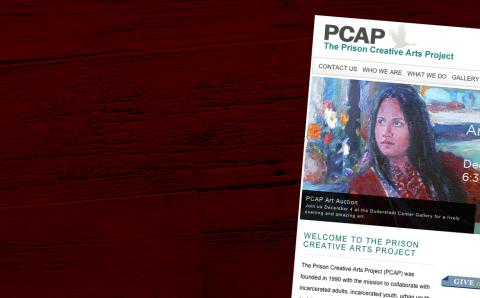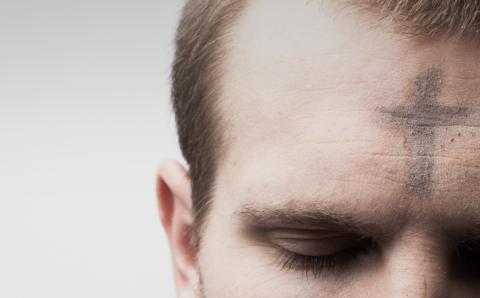In May 2015, Nebraska’s unicameral legislature voted to abolish the death penalty. That’s right—Nebraska! Not exactly known as a hotbed of liberalism—in fact, 36 of its 49 officially nonpartisan legislators are Republicans. The passage of this bill is evidence of a growing group of conservatives and evangelicals, both in Nebraska and across North America, who are starting to rethink the death penalty. I’m one of them.
In a study report from Synod 1981, the Christian Reformed Church took the following stance: “It is not desirable that capital punishment be routinely inflicted upon persons guilty of murder in the first degree. Only under exceptional circumstances should the state resort to capital punishment.” As I see it, this is a system that’s broken beyond repair, and our denomination should consider outright calling for its abolition.
First and foremost, I’m pro-life. This doesn’t just mean I’m against abortion. It means I want to live in a society that embraces a culture of life; one that treasures the dignity of all people—including the unborn—and that doesn’t take death lightly. Since 1973, there have been 156 people wrongly convicted and eventually released from death rows in the United States. (Canada repealed its death penalty in 1976.) There’s little more horrifying than the thought of executing the wrong person. Here in Nebraska, officials once executed a man named William Jackson Marion, only to later find that the man he had allegedly killed was actually still alive. In 1987, the Governor posthumously pardoned Marion 100 years after his hanging—100 years too late.
Even in cases where we’re absolutely certain of the offender’s guilt (or as close to certain as we can be), is the death penalty really an appropriate punishment? When someone is executed, the cause of death on the death certificate is listed as homicide. Is that something we really want our state involved in? It’s certainly not necessary for public safety—with modern advancements in the corrections industry, developed nations are fully capable of keeping criminals locked away for life.
The death penalty is also harmful to the families of murder victims. Effective justice is “swift and sure”—the death penalty is neither. It often takes decades for executions to be carried out, and many never take place. Victims’ families have to relive the gory details of their loved ones’ murders as the case comes up in the newspapers again and again.
Another issue is the arbitrariness of how the death penalty is applied. It’s said that this penalty is reserved for “the worst of the worst.” But in reality, those who are wealthy enough to afford a good attorney can often avoid the death penalty, regardless of the crime. The death penalty disproportionately affects people who are poor, people who are members of ethnic minorities, and people who suffer from mental illness or disability.
What happened in Nebraska demonstrates a growing skepticism about capital punishment in conservative and evangelical circles across North America. Many people are recognizing that the death penalty is part of a broken system that isn’t compatible with our Christian worldview. A fundamental part of the gospel is grace: no one is ever beyond the possibility of redemption; no one can be defined by the worst thing they’ve ever done. Christ tells us, “It is not the healthy who need a doctor, but the sick. I have not come to call the righteous, but sinners” (Mark 2:17). Do we really believe that God’s grace is sufficient even for the absolute worst in our society? If we do, let’s join the fight to end the death penalty.
About the Author
Matt Maly is the Coordinator for Nebraska Conservatives Concerned about the Death Penalty. He attends Prairie Lane Christian Reformed Church in Omaha.









